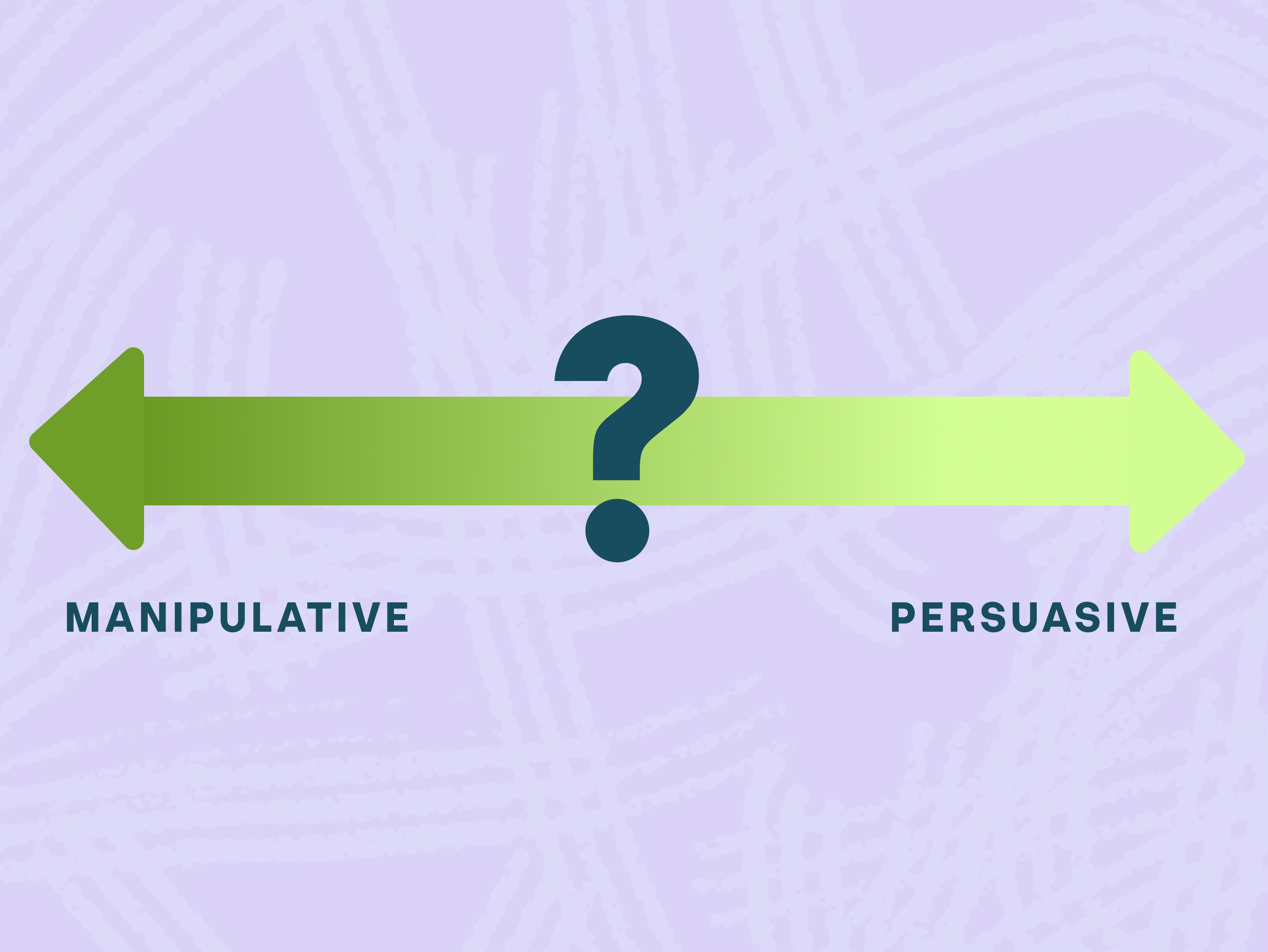Essential Research for Scaling Healthtech Products Successfully
Common research questions we answer for healthcare

In the world of healthcare, user experience (UX) research—also known as user discovery— is often misunderstood.
When people hear "UX research," they typically think of screens—websites, apps, and digital tools—and testing their usability. But that’s just scratching the surface. UX research can help answer a wide array of questions that go beyond product interfaces. From understanding buyer motivations to uncovering customer journeys, the role of research in healthcare is vast and multifaceted.
So, what kinds of questions can UX research answer?
1. What don't I know? Why is this trend happening?
Generative research exists to *generate* ideas or information about something previously unknown. There’s a little bit of generative research in just about every project we do because it helps bring clarity to a problem or opportunity.
Check out our Northwoods case study.
2. Who will use this? Who will buy this? How do we find them?
Audience segmentation research helps group people by their behaviors, which can be useful when designing or marketing a new product or service, or when you realize through data that your current product is not inspiring the behaviors amongst your users that you were expecting.
Check out our FMX case study.
3. What are the gaps in the holistic experience we deliver?? Where can we improve? What are our highest value opportunities?
User journey research isn’t just for customers—it can be done for anyone interacting with your business. Think patients, providers, payers, and more. Understanding your users’ experiences across all touchpoints, helps identify pain points, optimize interactions, and ultimately improve satisfaction, loyalty, and conversion rates.
Check out our National Church Residences case study.
4. Do we have the right product or idea? Is this worth pursuing?
Validation research isn’t focused on improving usability but rather validating whether something should be built or created in the first place—also useful for uncovering blindspots and risks so that it has an improved chance at success. Sometimes this type of research includes a prototype to visualize the idea, but can also be facilitated without one.
Check out our Martti Consult by Equiti case study.
5. Does this product cause our users to behave as intended? Do users understand how to use it?
Evaluative research is used on existing or soon-to-exist products, to uncover parts of an experience that are difficult to use.
Check out our Medforall case study.
So, what’s on your list?
Are any of these questions keeping your healthcare organization up at night? Whether you’re trying to figure out who will pay for your product or why users aren’t engaging with it, we’re here to help. Let us know how we can assist in tackling these critical challenges and driving your product forward.
For deeper insights, feel free to reach out to our Associate Director of Research, Sara. Together, we can start answering the questions that matter most to your business.
Check out our Ultimate Guide to UX Research & Product Design Services
Looking for insights for healthtech product leaders, delivered to your inbox every few weeks? Sign up for our newsletter.
Currently exploring
UX Mastery



.svg)
.svg)
.svg)
.svg)
.svg)

.png)


.svg)

